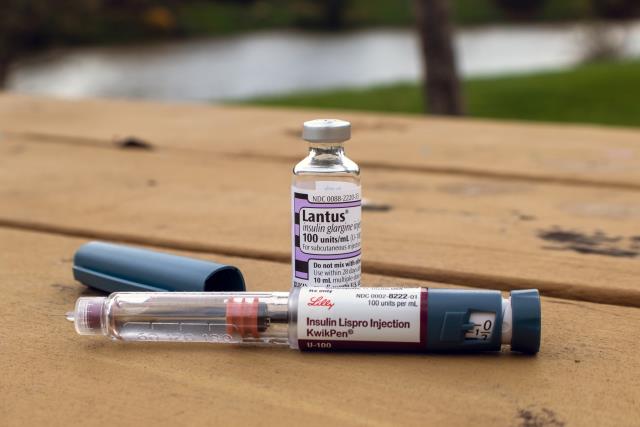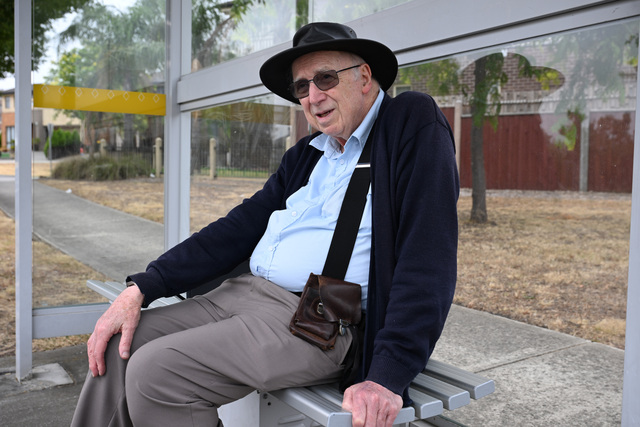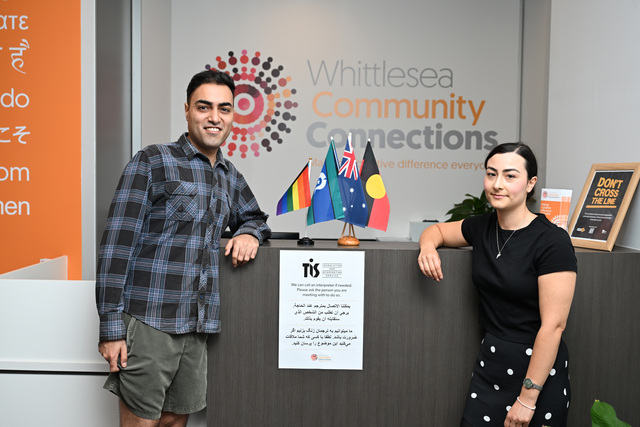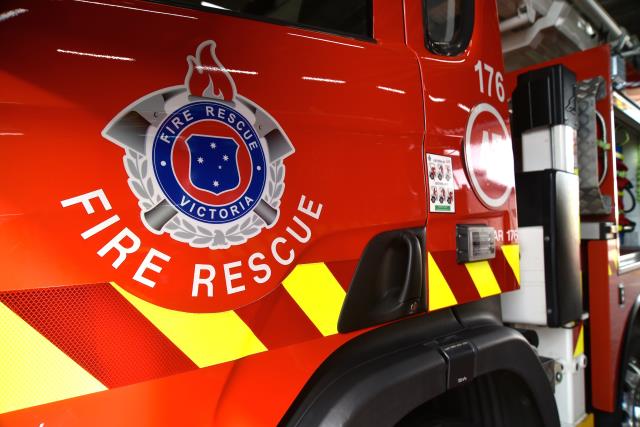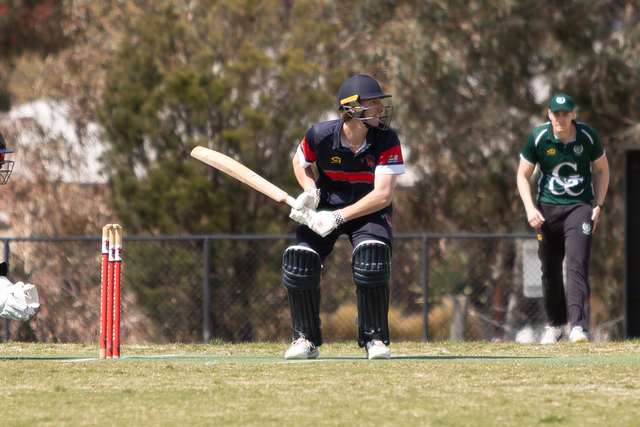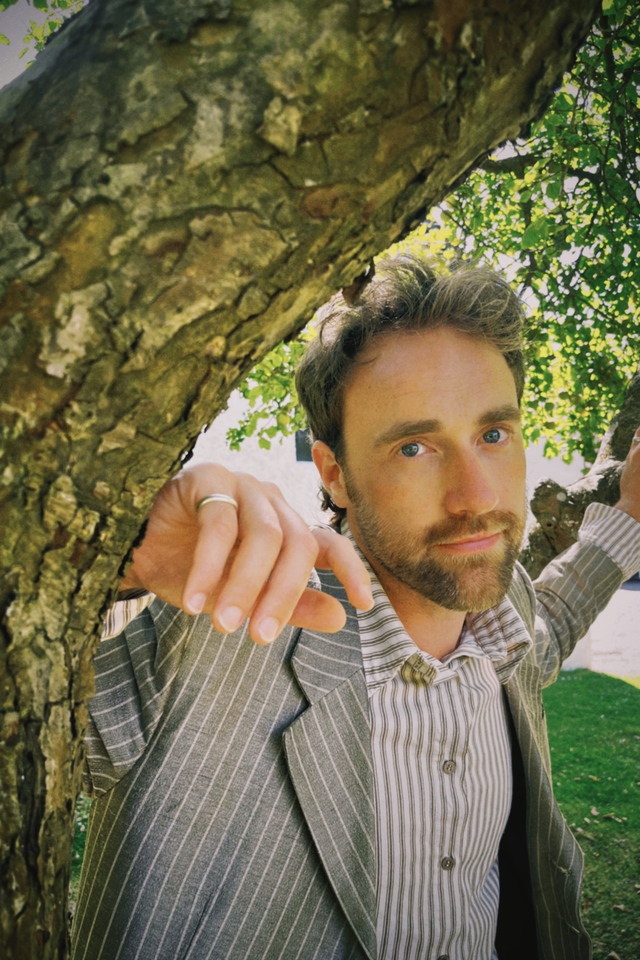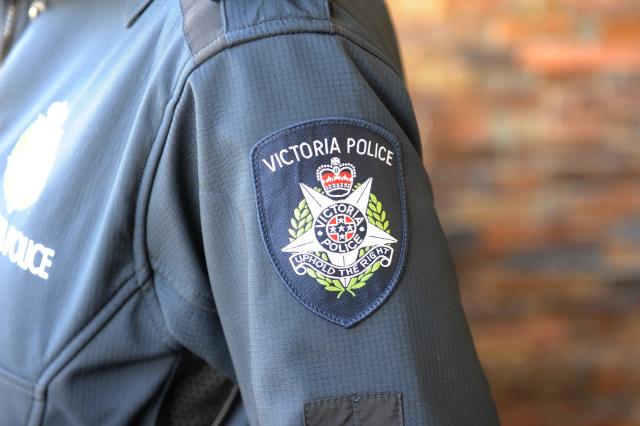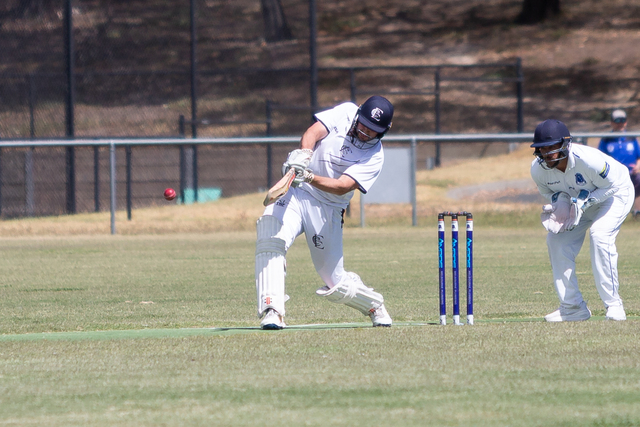Josefina Betiz was first diagnosed with type 2 diabetes in the late 1990s after learning of her mother and sister’s diagnosis with the disease.
Ms Betiz has decided to take part in the Baker Heart and Diabetes Institute research study alongside Northern Hospital to do her part in helping raise awareness about the disease.
The study is looking at Melburnian areas with high numbers of diabetes registrants to garner a better understanding of who might be at risk of complications linked to the disease.
Baker Institute deputy director and lead researcher Professor Jonathan Shaw said participating in the study would assist them in figuring out who’s most likely to develop serious issues down the track with the illness.
“By participating in the PREDICT study, you will not only be helping us to find ways of reducing the devastating effects of diabetes, but you will also have a free and comprehensive assessment of your diabetes, which we will provide to your doctor,” he said.
According to the National Diabetes Services Scheme, there are currently over 16,000 people in Hume, 7.2 per cent of the municipality’s population, living with diabetes.
That’s 1.2 per cent higher than the national average.
The Craigieburn resident first moved to Australia in 1978 from the Philippines, having had a family history with the illness.
“My mum and eldest sister were diabetic. My sister went on dialysis for her kidneys before passing away and my mum never recovered from it either,” Ms Betiz said.
The 70-year-old mum of one said she constantly pesters her son to have his blood sugar levels checked regularly because of the strong link diabetes has in the family lineage.
“Every so often I ask him to ask his doctor to check his sugar because he has a family history.”
Ms Betiz first started checking for early signs of the disease when her mother was diagnosed.
“Every time I’d go to the doctor for blood tests, I’d always ask them to test for it. Just before I was diagnosed, I found I was thirsty and my body was itchy so that’s sort of when I knew I was diabetic,” she said.
For the most part, she’s been able to control her blood sugar levels without medication and by leading a healthy lifestyle.
However, in 2017 Ms Betiz was diagnosed with cancer (lymphoma), where she underwent chemotherapy to treat it but her blood sugar levels spiralled out of control, forcing her back on medication.
Her health battle continued to worsen with Ms Betiz being diagnosed with breast cancer last year, sending her diabetes out of control yet again.
She is now encouraging everyone, especially those who have a family history of diabetes to watch for early signs of the disease.
“Just be aware of what your body is saying, if you feel like something’s not normal to you, get it checked out. I think the earlier you get diagnosed the more chance you have of changing your lifestyle and controlling it.”
“If I can help in any way to be able to prevent the next generation from getting diabetes that would be fantastic.”

